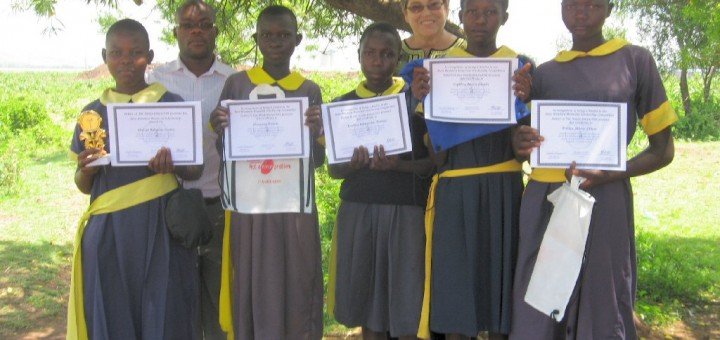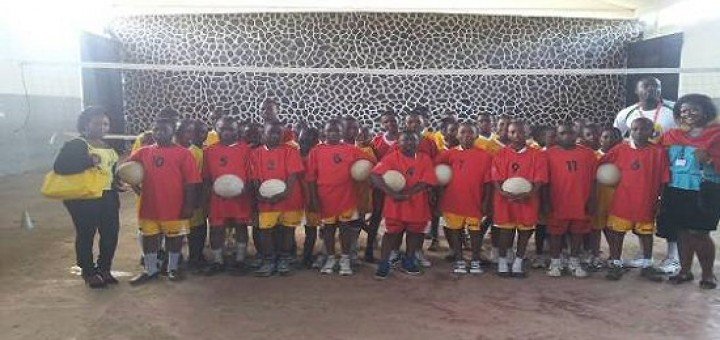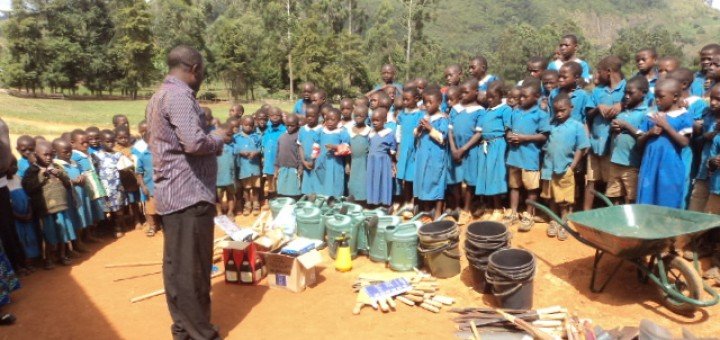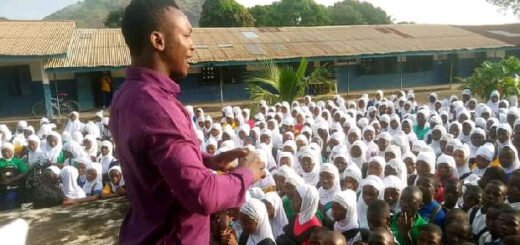Tagged: environment
FIOH Sierra Leone – responding to climate change and Covid 19
ACTIVITY REPORT PROJECT : Local response to climate change and Covid19 Funder : FIOH Fund -UK COST : GBP 545 REPORTING DATE: 4thJune 2020...
Future in Our Hands Kenya activities 2016
FIOH-KENYA REPORT – 2016 WOMEN CREDIT UNION: The women have been going on well with their loaning program. The money received from Ebay boosted their kitty...
Centre for Community Regeneration and Development
ACTIVITY UPDATE AUG 2016 Education for sustainable development through sports in schools CCREAD-Cameroon in continuation of its Education for Sustainable Development Programme, has mobilized more than 300...
The advantages of cycling
The advantages of cycling Why do so many people feel it necessary to acquire cars in the many parts of the affluent world where there are good...
Cameroon Gender and Environment Watch
Cameroon Gender and Environment Watch (CAMGEW) CAMGEW works to see social and environmental justice put at the centre of development. It works with all age groups. It...
Centre for Community Regeneration and Development
Centre for Community Regeneration and Development (CCREAD-Cameroon) is a youth led development organization established in 2004 and legally registered as a non profit organization in December 2006...
Future in Our Hands Womens Co-operative, Oku
Future In Our Hands Cooperative Oku FIOH Oku is a women’s farming cooperative made of over 5 Common Initiative Groups (CIGs) representing over five villages in Oku...
Environment and Rural Development Foundation
Environment and Rural Development Foundation (ERuDeF) is a Cameroonian non-profit organization founded in 1999. It is the only indigenous non-profit organization working on research and conservation of...










